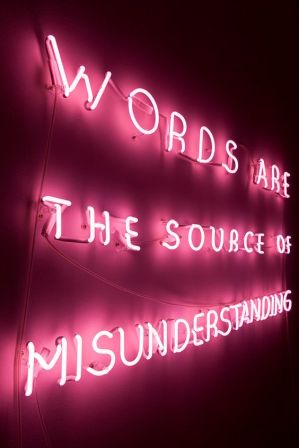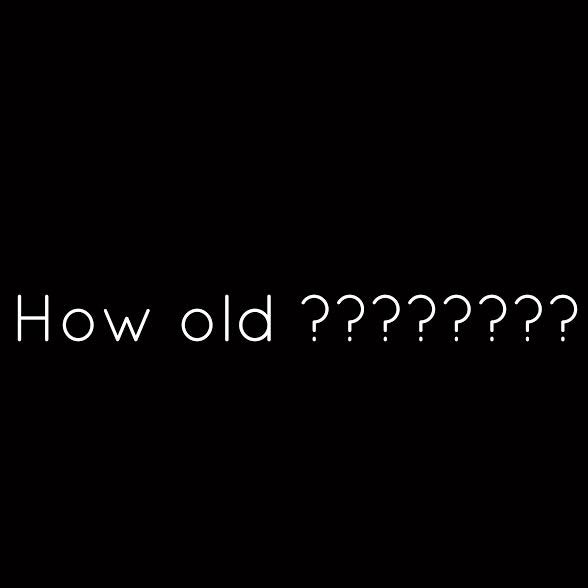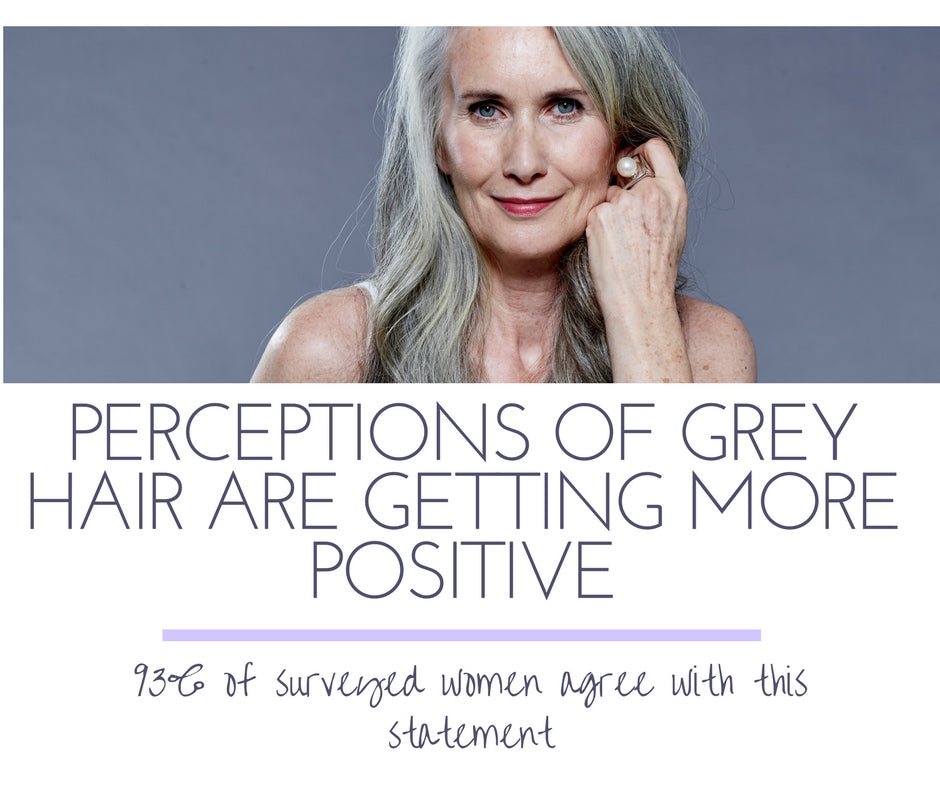
Words can change your brain?
Oh boy, the power in the words we use to describe things. Taking a stroll through Clairol’s website recently (it was strangely mesmerising, like looking in the window of a cake shop when you’ve given up sugar) I was struck by their strap-line ‘never fake or phoney shades’. Really? But while what comes out of the box is of course, quite fake, the shade names take you somewhere else. Shimmering Sands, Golden Beach Blonde, Sandy Copper, Caramel… all sound tantalisingly shiny and attractive, don’t they? But Grey… surely it’s time we broadened our lexicon of shade names further to make us feel even better about the silver stuff on our heads. How about ‘Snowdrift in Sunshine’, ‘Precious Metal’, ‘Ice and Diamonds’ … yes, I could get quite carried away describing the myriad of shades that is natural hair once the pigment starts to move on out. And though I’m not being entirely serious about what we call our hair colour, there is science behind how the words we use affect our brain. In the book ‘Words Can Change your Brain’ Dr Andrew Newburgh, a neuroscientist at Thomas Jefferson University says ‘a single word has the power to influence the expression of genes that regulate physical and emotional stress’. As we get older, it’s tempting to slip into negative language for the way we look and feel but there’s plenty of evidence to suggest that building a habit of positive words really makes a difference. Let’s do it. Jayne



